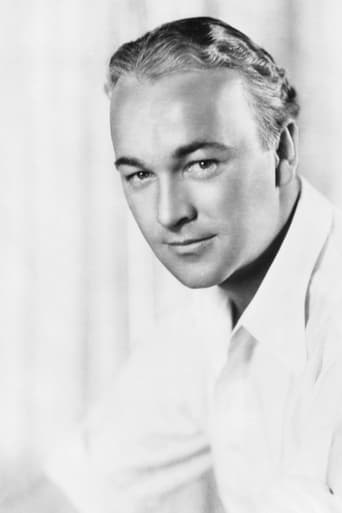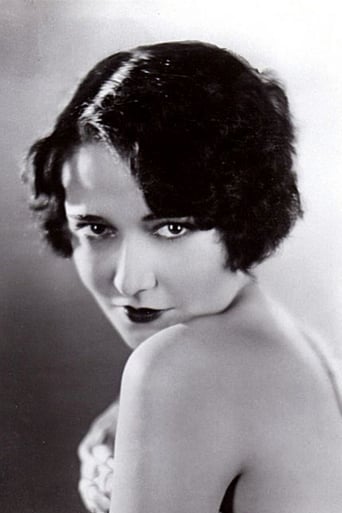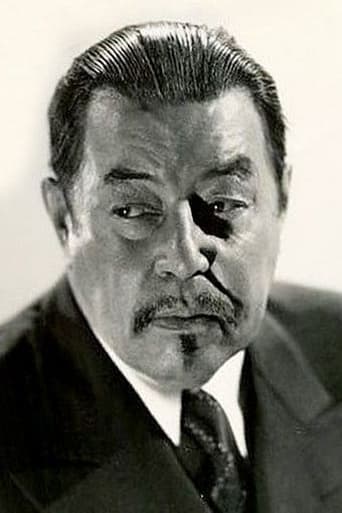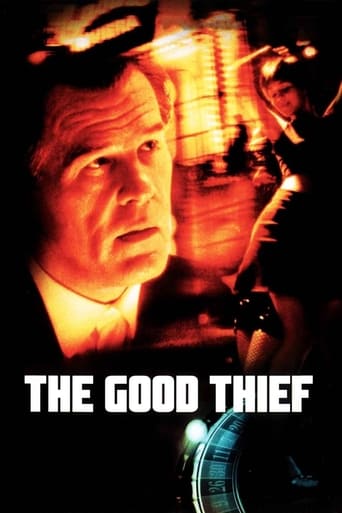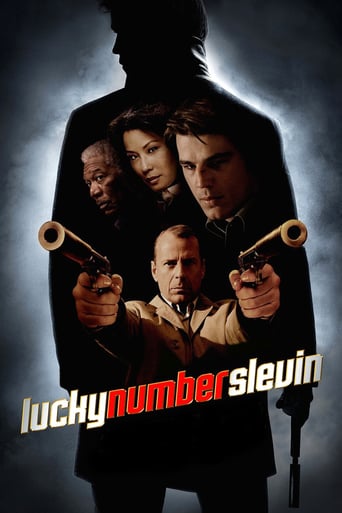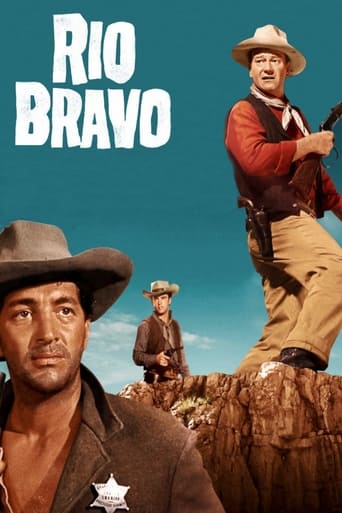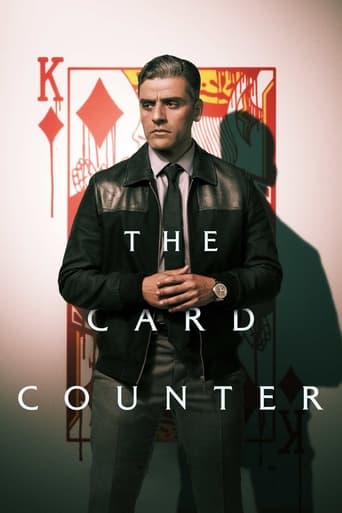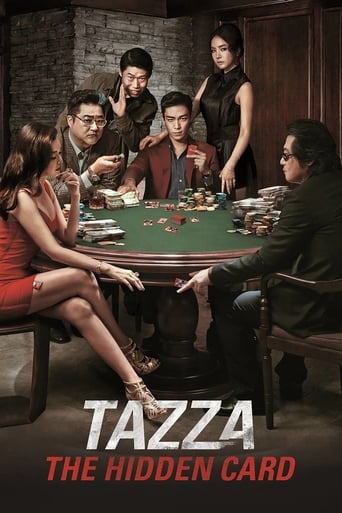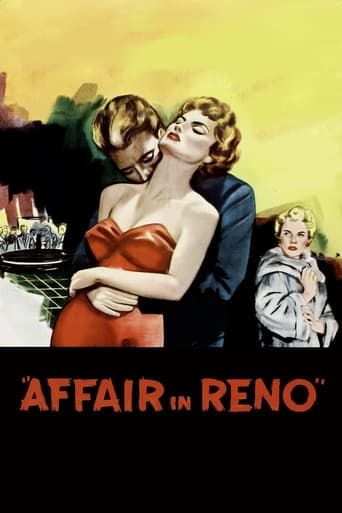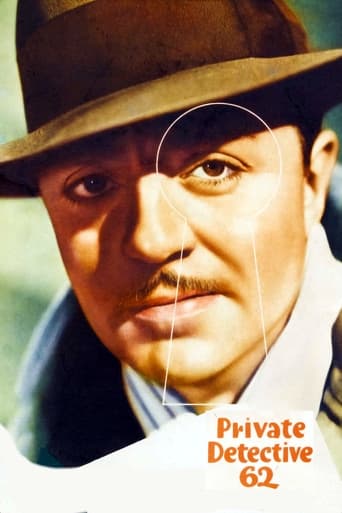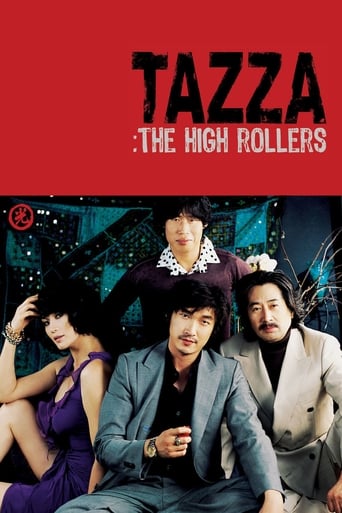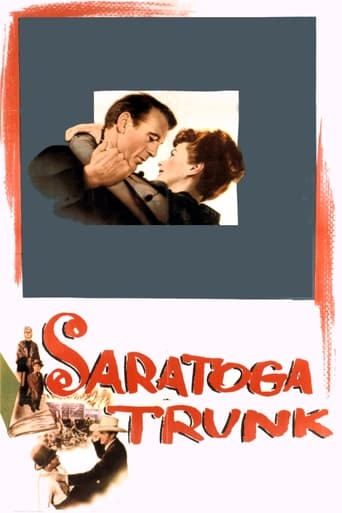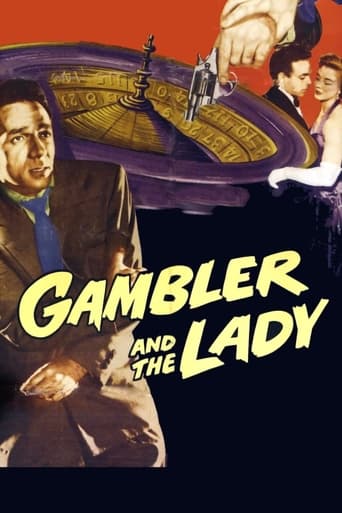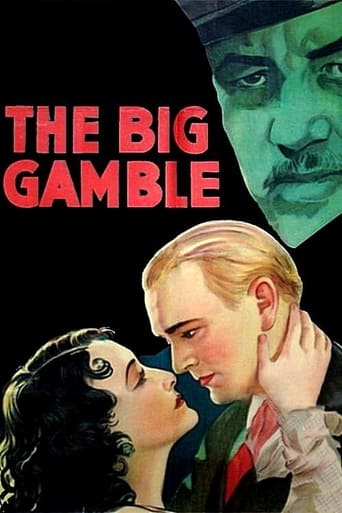
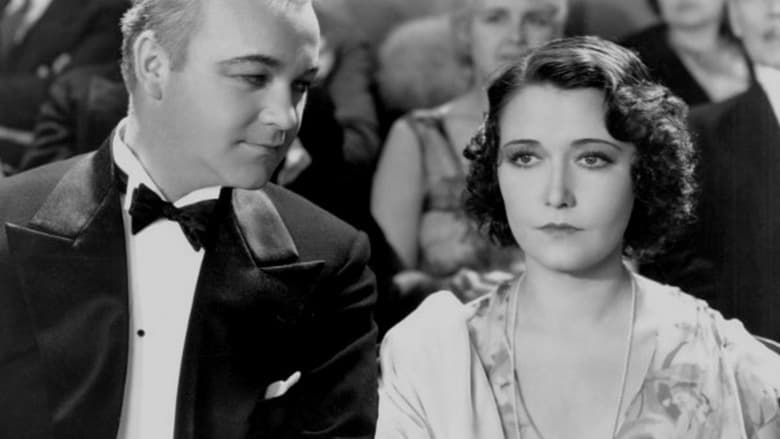
The Big Gamble (1931)
A gambler, hopelessly in debt, agrees to pay off his debt by allowing his creditor to take out a life insurance policy on him and collecting once the one-year suicide clause has elapsed.
Watch Trailer
Cast


Similar titles
Reviews
Powerful
The film makes a home in your brain and the only cure is to see it again.
A movie that not only functions as a solid scarefest but a razor-sharp satire.
Although I seem to have had higher expectations than I thought, the movie is super entertaining.
***SPOILERS**** Depressed and unable to pay gangster Andrew North, Warner Oland, the $5,000.00, that's at least $100,000.00 in 2016 dollars, he owes him Alan Beckwith, Bill Boyd, plans to off himself after making out a $5,000.00 insurance policy with North as the only recipient. So far so good but it will take a year for the policy to become effective and Alan Beckwith will have to be married for it to be worked out! On top of all that North not satisfied with just the $5,000.00 ups the policy to $100,000.00 in order to get his monies worth! Having a shot gun marriage with Beverly, Dorothy Sebastian, who's kid brother Johonnie, William Collier Jr,is also in debt to North all Alan has to do is wait out the year and on New Years Day 1932 get himself killed in a staged accident and all his troubles will be over! Or so he thought! Playing the stock and real estate markets Alan not only makes enough money to pay North $5,000.00 debt off but also falls in love with his wife Beverly with now getting himself killed the very last thing on his mind! ***SPOILERS*** The movie goes into overdrive with North and his boys out to murder both Alan & Johnnie just for making him look bad as a both a gangster and businessman. This after Alan gets the other $100,000.00 that North wanted in a card game and thus had Johnnie kidnapped by North's men after he came to his pad to off him himself and ended up getting kidnapped by him. This leads to as wild car chase with Squint Dugan, James Gleason, one of North's goon but really an undercover US Government Treasurer Agent behind the wheel.As for North he gets his when placed under arrest and about to be driven to the nearest police station to get booked for attempted murder and kidnapping, as well as racketeering, tries to make a run for it and is crushed by, after jumping out of the car, oncoming traffic! Now with all his troubles behind him Alan and Beverly get married for the second time and this time it's not for a year but for keeps.
Someone wrote here "could have been better." There probably has never been a movie of which that couldn't have been said. Nevertheless, it is true here: The story needed to be fleshed out, with more details of how the good guys almost got out of their mess.The cast names bespeak a quality production; the director was a good one; the editor, Joseph Kane, did a great job with what he had, and, as an aside, it's interesting that he, as so many other editors, later became a crackerjack director himself.Bill Boyd was a great favorite with audiences, especially in his "Hopalong Cassidy" days, and with, especially, Cecil B. DeMille. He was a good actor, but was even more a strong personality.Dorothy Sebastian was a beautiful woman and, especially in this movie, a good, intense actress. She died awfully young, and in her last roles didn't even get screen credit. That seems a shame.Prolific James Gleason got second billing, even over the female love interest, and made his usual hit. He was around a long time, but we could use a character actor like him today.Other cast members deserve praise too, as does the stunt work. All in all, this is a good movie, perfect for a relaxing watch.
The film begins with William Boyd (later known to the world as Hopalong Cassiday) meeting Warner Oland in a restaurant. It seems that Boyd owes gangster Oland $5000 and instead of paying him back, he has an intriguing proposition--he'll kill himself and make it look like an accident to that Oland gets his money. Oland likes the idea but isn't interested in just a paltry five grand, so he modifies the idea. Since most policies won't pay off for the first year, Oland will arrange a sham marriage and support Boyd and his new bride for one year--then an "accident" will occur. And, to make sure that nothing happens to Boyd in the meantime (such as cold feet), Oland arranges to have gunman James Gleason follow him and make sure nothing happens during that year. Now too surprisingly, suicidal Boyd actually falls in love with this arranged wife and by now it's too late--Oland won't let him out of the deal.This plot is very tough to believe and needlessly complicated. Arranging for a wife as well as Gleason seems a bit like overkill. Simply having Oland be the beneficiary seems to make far less sense--but, of course, this changes the plot and then there's no reason for Boyd to change his mind. Despite this rather substantial plot hole and a slow first half of the film, it all managed to pull itself together in the second half--and culminating with a very well-staged chase scene where you DON'T have cheap rear-projected shots and you have some very violent and realistic elements (making it perhaps the best car chase of the era). No cheap stock footage here or a crash that looks ridiculous--it's very well done and made my heart race.Overall, this is a B-movie with some serious flaws, but provided you can just watch the film without questioning them, you'll be very pleasantly surprised by the end--nearly earning this film an 8. A good job of acting by all except Oland--whose delivery, unfortunately, isn't too much better than his Charlie Chan character in other films!
"The Big Gamble" has one of the most provocative premises ever cooked up for a movie. World-weary gambler Alan Beckwith (William "Hopalong Cassidy" Boyd in a surprisingly despairing modern-dress role) is tired of life. Owing $5,000 to the sinister Andrew North (Warner Oland) and $2,500 to a former servant, Beckwith cooks up the idea of having North take out an insurance policy on his life, then killing himself. North insists that the policy be for $100,000; that a North-hired hit man do the actual killing (since if Beckwith commits suicide, the policy becomes invalid); that Beckwith live a year and a day after taking out the policy; and that Beckwith's wife be the beneficiary. When Beckwith protests that he doesn't have a wife, North supplies him one: Beverly Ames (Dorothy Sebastian), who's under North's influence because her brother Johnny (William Collier, Jr.) is also on the hook to him. The good news is in the striking performances of both leads - and of James Gleason and ZaSu Pitts as a comic-relief couple (though I have a hard time watching Pitts in comic roles without thinking of how Hollywood wasted her talent as a dramatic actress despite her incandescent performance as Trina in Stroheim's "Greed," which should have done for her what "Sybil" and "Norma Rae" did for Sally Field 50 years later) and some intriguingly proto-noir compositions by cinematographer Hal Mohr.The bad news is Fred Niblo's surprisingly slow, stodgy direction - by 1931 virtually no one was still having the actors pause between hearing their cues and speaking their own lines, but Niblo directs like it was still 1929 - Mohr's mostly plain, uncreative cinematography (which doesn't sustain the marvelous atmospherics of the opening scenes), and some dubious performances by the supporting players. William Collier, Jr. comes off way too queeny as Johnny - we can't muster much sympathy for someone this wimpy - and Warner Oland, though playing a character with an Anglo name, inexplicably not only wears his Charlie Chan makeup but speaks in his Charlie Chan voice. Though a previous silent version of this story was made, "The Big Gamble" really should have been filmed a third time in the 1940's; its plot would have been a natural for film noir.


